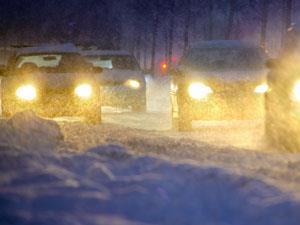Air quality regulators should consider freezing temperatures and snow

Snow soaks up pollutants from engine exhausts was first published by Chemistry World.
Air quality regulators should consider freezing temperatures and snow

Snow soaks up pollutants from engine exhausts was first published by Chemistry World.
No comments yet